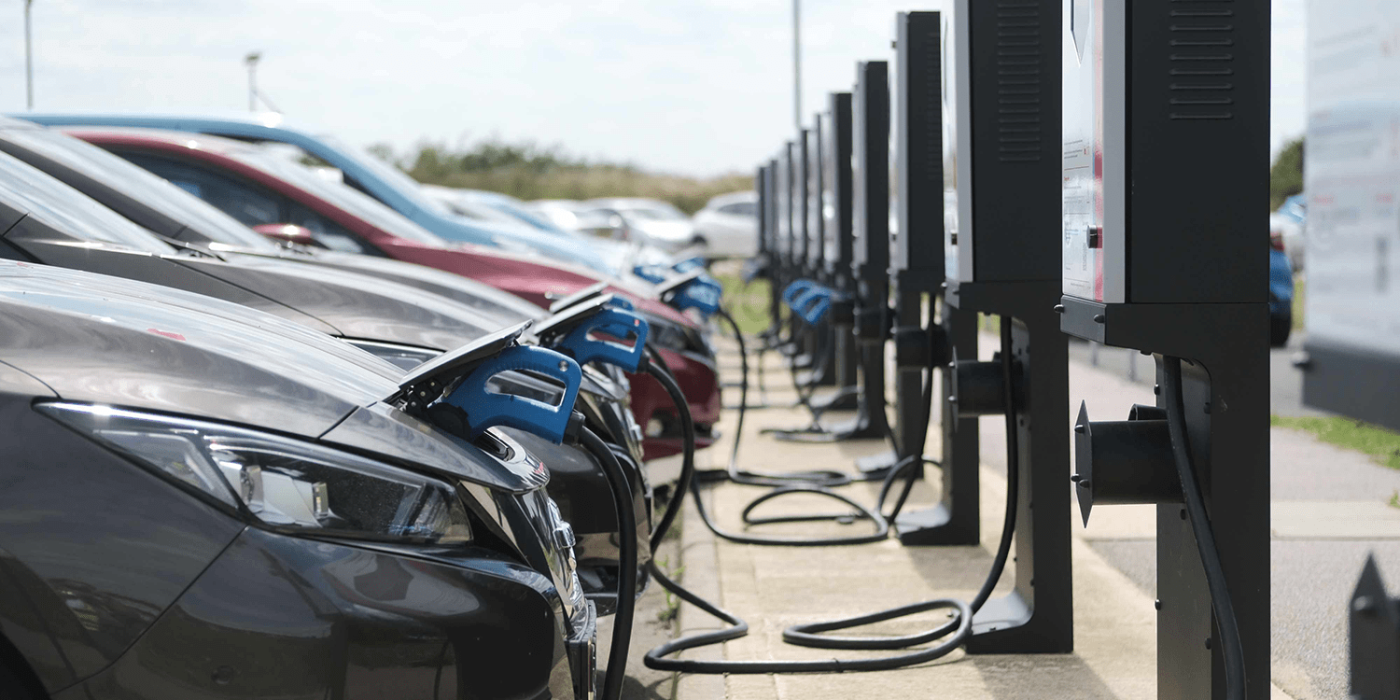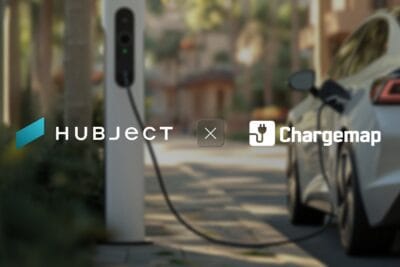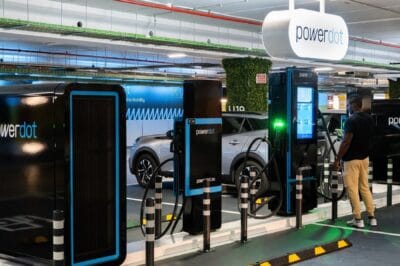UK Gov’ makes charge points compulsory for buildings by 2022
New homes and buildings such as supermarkets and workplaces in the UK, and those undergoing a major renovation, will have to install electric vehicle charge points from next year. Prime Minister Boris Johnson introduced the new legislation today, making earlier plans official.
The British Government had proposed the new rules now coming in reportedly back in September. The legislation confirmed today asks for “new homes and non-residential buildings, those undergoing largescale renovations which leaves them with over ten parking spaces will be required to install electric vehicle charge points.” The earlier proposal also called for buildings to provide charging infrastructure for every five parking spaces. Plus, the Government wanted these to be smart. However, the details have yet to be confirmed, the latest when the legislation is out in full.
While requirements such as new buildings being EV ready are not new – California and Germany are examples – PM Boris Johnson called the new rules “world-leading”. What may be, if upheld, is the requirement for charge points to be smart. The Department for Transport (DfT), in a 2019-consultation, had set the requirements for a smart charger to be able to prevent grid overload and encourage charging at off-peak times through bi-directional communications. Chargepoints would also need to measure the electricity consumed and adhere to the existing cyber security standard, ETSI EN 303 645, among other things. But, again, this has yet to be confirmed.
Following other consultations, the UK also plans to go forward with a regulation that will require all charge point operators to offer simple payment solutions such as contactless at all new fast and rapid charge points.
New policy complements existing infrastructure schemes
In terms of numbers, the DfT expects charge point installations to accelerate from around 500 per month to about 700. In today’s communications, Westminster said that up to 145,000 extra charge points would be installed across England each year thanks to these regulations, in the run-up to 2030 when the sale of new petrol and diesel cars will end in the UK.
Since the UK opted to phase out fossil-fuel vehicle sales, charging infrastructure has been integral to the agenda. Westminster had extended funding for existing on-street, home and workplace charging programmes in February so that the allocated budget now totals 70 million pounds for all three schemes (ORCS, EVHS, WCS). The Government further suggested today, it has supported 250,000 home and workplace charge points already to date.
At the same time, voices from the industry found the numbers too optimistic. Jonny Berry, Head of Decarbonisation at Hitachi Capital Vehicle Solutions, for example, welcomed the legislation but considered the rollout of up to 145,000 new EV charging points each year under these plans “to fall short of the level of progress required.” Hitachi called for “a far greater increase in public charging provision than the plans announced today,” assuming about 40 per cent of UK households have no access to off-street parking.
Labour too found the announcement does not address the “appalling” geographical divide in available charging points.
“London and the South East have more public car charging points than the rest of England and Wales combined. Yet there is nothing here to help address this.
“Nor is there help so lower and middle-income families can afford electric vehicles or the investment required to build the gigafactories we need,” Labour said.
Britain currently has about 25,000 charging points, but the Competition and Markets Authority told the BBC it could need ten times as many before 2030.
The Government’s ‘EV Homecharge Scheme’ provides up to £350 towards a charge point and was to be expanded to target people in rented and leasehold accommodation in 2022. Simultaneously, the DfT opened up the Workplace Charging Scheme (WCS) to small to medium enterprises and the charity sector.
Whether there will be funding for making new buildings EV ready has not been disclosed.
Funding for green businesses
On the back of the news, the Government has also announced new funding through Innovate UK. The agency will deliver a new three-year programme of £150m in “flexible and affordable Innovation Loans” to help British SMEs commercialise their latest R&D innovations.
While this is open to what the Government called “a variety of sectors,” the statement mentions “green businesses,” many of whom have already benefited during the pilot as the UK transitions to net zero.
PM Boris Johnson added, “We are investing in new projects to turn wind power into hydrogen, and our net-zero strategy is expected to trigger about £90 billion of private sector investment.”
As an example, NanoSUN Ltd, a company based in Lancaster, was named. It develops and manufactures hydrogen refuelling products for customers in the oil and gas, and transport sectors and has used the innovation loan to triple the number of engineers they employ.
The Government also pointed out, it had confirmed today nearly £10 million in funding for “a first-of-a-kind” hydrogen project in the UK’s largest onshore wind farm near Glasgow.
£9.4 million (about €11Mn) will go to the Whitelee project to develop the UK’s largest electrolyser, a system that converts water into hydrogen gas. Developed by ITM Power and BOC, with ScottishPower, it is said to have the potential to store and produce the equivalent of enough green hydrogen to fuel over 200 bus journeys travelling between Glasgow and Edinburgh each day.





0 Comments